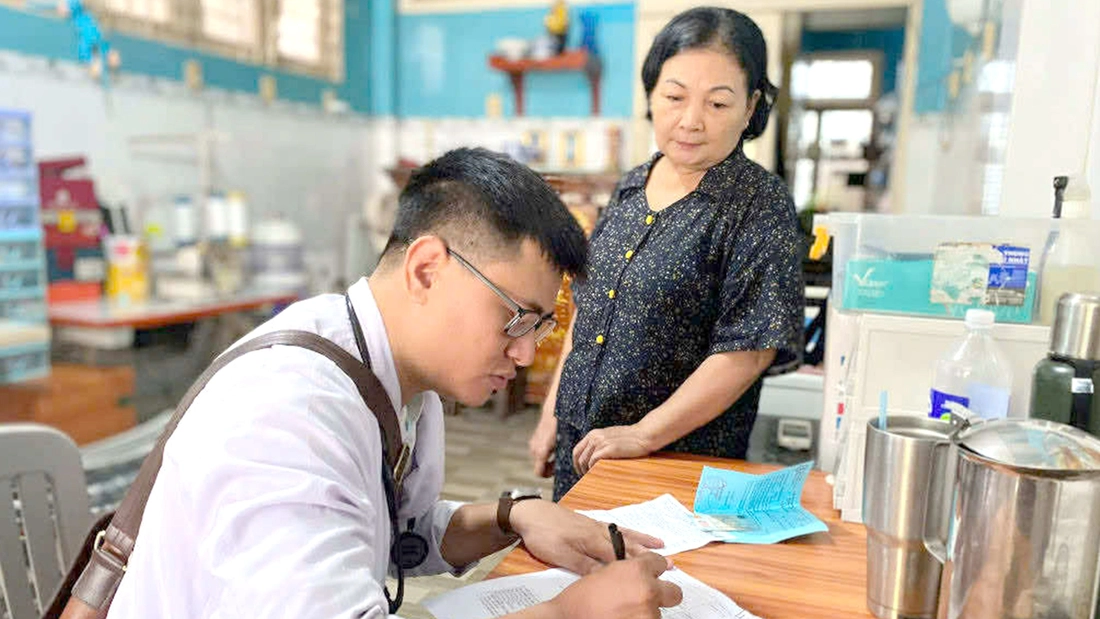
Doctors at a health station in Ho Chi Minh City examine and record health information for elderly people at home - Photo: TIEN QUOC
The Politburo 's draft resolution on breakthroughs in public health care, meeting the requirements of national development in the new era, sets a goal that from 2026, each person will receive free periodic health check-ups at least once a year or free professional screening at least once a year.
What are the options to achieve this?
Need specific regulations on periodic health check-ups
Speaking with Tuoi Tre, who was invited to give comments on the draft resolution, delegate Tran Khanh Thu ( Hung Yen ) emphasized that the goal of each citizen having a periodic health check-up once a year from 2026 is a very humane and necessary policy.
This ensures the health of all people, aiming at better and better health care for the community.
According to Ms. Thu, General Secretary To Lam has emphasized the orientation towards this goal in many meetings.
However, delegate Thu said that the draft is adding "or free professional screening at least once a year" which is unclear, and inadvertently reduces the humanity and urgency of periodic health check-ups for people, because the conjunction "or" means only one of the two contents is carried out.
"Regular health check-ups are for people to proactively assess their current condition, prevent, screen, and diagnose early possible diseases, helping the local health sector determine the disease structure in their locality, thereby building a strategy to develop the health sector and provide better health care for the people...
Therefore, I propose that the goal should be to only have each person have a periodic health check-up once a year," Ms. Thu said.
Ms. Thu also pointed out that to effectively implement this goal, the Ministry of Health needs to have regulations on periodic health check-ups with paraclinical indications that must be performed.
Because for those at risk, basic tests can diagnose early, helping to prevent serious diseases such as cardiovascular disease, diabetes...
Even some genetic diseases can be prevented very early, such as Thalasmia...
When providing such a specific list of examinations, the amount of money needed to pay for each examination can also be calculated and multiplied by the total number of people performing the examination, thereby helping to assess the financial impact of implementing this policy.
It is important to strengthen the capacity of primary health care facilities in terms of facilities, equipment, and human resources to be able and able to perform health check-ups.
In particular, there should be policies to attract and train high-quality human resources for the health sector to supplement the grassroots level, especially in remote, isolated and difficult areas.
Along with that, there are really good salary and allowance policies for medical staff to retain them to perform their duties at the grassroots level.
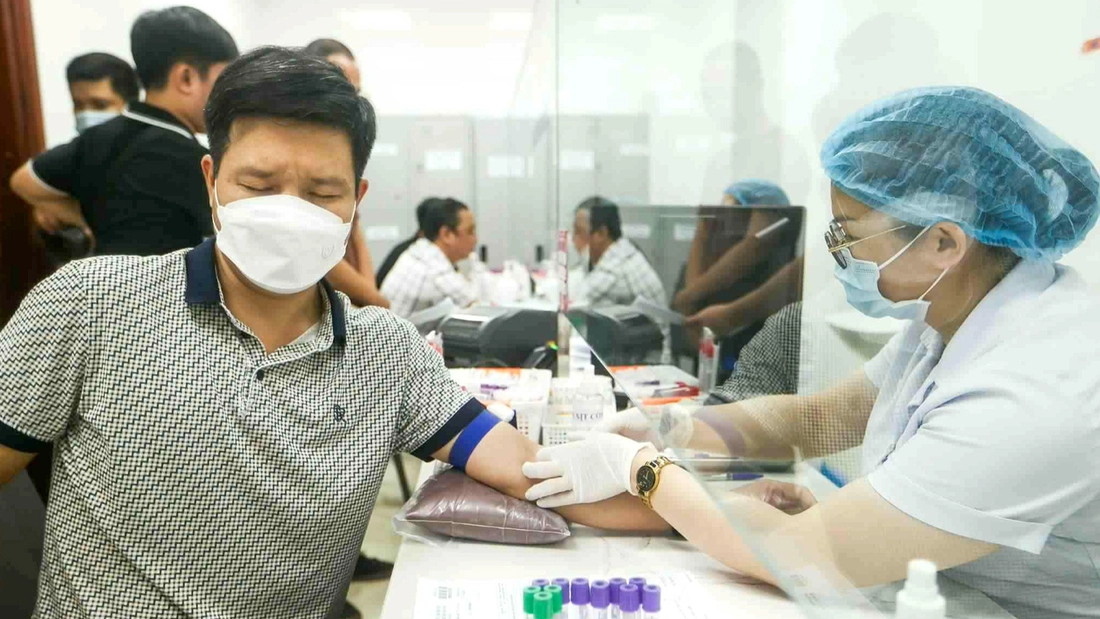
People get a health check-up at Bach Mai Hospital (Hanoi) - Photo: NGUYEN KHANH
Enter health data into electronic health records
Delegate Thu added that currently, according to the Government's Project 06 plan, by the time 100% of people have level 2 identification, VNeID will have electronic health book information, so it needs to be activated and data information on people's health status integrated.
Thus, for periodic health check-ups to be effective, it is necessary to update data on examination results performed by medical facilities to the electronic health book on VNeID.
Along with that, this data will be licensed by the VNeID management police agency to local health agencies to access to receive, manage, analyze, evaluate, divide into disease groups and the number of people infected.
For example, in this locality, many people suffer from cardiovascular diseases, diabetes, digestive diseases... or in another locality, many people suffer from blood pressure diseases, other chronic and acute diseases with abnormal rates...
This helps to screen and provide directions for health agencies to easily monitor, plan and direct timely management, supervision and health care for people.
At the same time, this also helps detect groups of people at high risk of diseases so that health authorities can recommend regular health check-ups, even every 6 months, for them.
The female delegate also emphasized that there are many reasons why people are reluctant to have regular health check-ups in recent times, including lack of habit, lack of trust in primary health care, or fear of high costs...
Therefore, when implementing this goal, it is necessary to strongly propagate so that people understand the meaning of humanity and social security.
At the same time, Ms. Thu suggested that the specific task of periodic health check-ups for people should be assigned to the People's Committee at the commune level. Because the commune level is the closest place to the people, it clearly knows the list of people in the area and propagates and implements the support of periodic health check-ups for people.
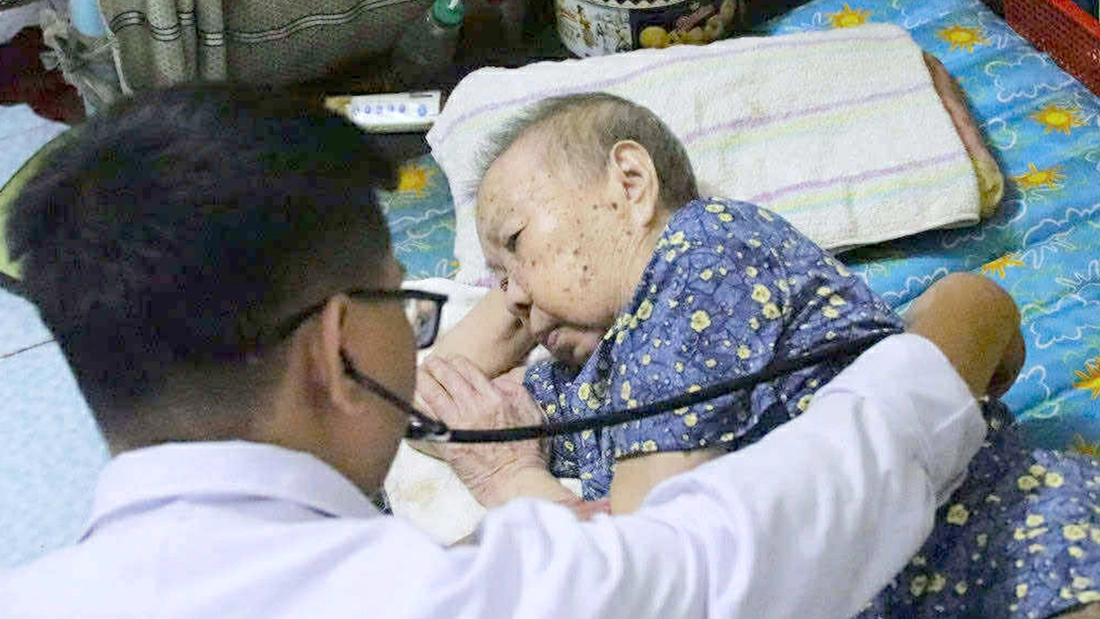
Elderly people in Ho Chi Minh City receive health care at home from doctors - Photo: TIEN QUOC
The Ministry of Health will develop a list of specific examination scopes.
Sharing about this policy, Ms. Tran Thi Trang - Director of the Department of Health Insurance (Ministry of Health) - affirmed that this is a goal in social security policy, in which health insurance (HI) needs to be taken as the foundation.
Regarding the free periodic health check-up policy, it is expected to be implemented from 2026.
According to Ms. Trang's estimate, the average cost for one examination is 300,000 VND with basic examination criteria of biochemistry, blood count, chest X-ray, possibly ultrasound...
The Ministry of Health will review and develop a specific list of periodic health examination scope and examination criteria to ensure that professional requirements are met, appropriate to the subjects needing examination, and ensure the balance of the health insurance fund and the state budget.
In particular, this policy comes with screening and early diagnosis of diseases, helping to detect diseases at an early stage at the grassroots health care level, reducing treatment costs later. People will have their health records established for life, from the time they are in the womb until old age.
Mr. Dao Xuan Co, Director of Bach Mai Hospital, also emphasized that to achieve the goal, it is necessary to prepare well in terms of training and human resources. Accordingly, it is necessary to have a training strategy and a mechanism to recruit local people, train them and then send them back to serve their homeland.
The training program for primary health care also needs to be adjusted. Doctors at the primary health care level must be well-rounded, knowing how to deliver babies, provide emergency care for femoral fractures, myocardial infarction, vaccinations, basic dental care, and treat common diseases.
Although it does not need to be as specialized as at the central level, it must be good in many aspects to meet the initial needs of the people.
Second, the treatment policy and working conditions. There must be appropriate policies so that doctors can work with peace of mind at the facility. Working conditions, essential equipment, and medicines must also be guaranteed.
Finally, apply digital transformation, build electronic health records, and connect electronic medical records from wards and communes to provinces and central levels.
This helps the upper level to consult, direct the lower level, and guide treatment remotely, reducing the load on the upper level and allowing people to enjoy better services right at the local level.
Ms. Tran Thi Trang also said that in addition to human resources, it is necessary to ensure the capacity of the health system; it is necessary to improve the quality of services, especially for primary health care and preventive medicine, to ensure that people will enjoy the most convenient services right at their place of residence and work.
"Commune health stations that want to provide regular health check-ups and basic general medical care must at least be invested in equivalent to a general clinic; must be invested in and strengthened in terms of human resources and equipment. The state budget must ensure these activities.
In addition, the commune health station must have a doctor to perform biochemical tests, prescribe paraclinical services, screen for some basic diseases early, and provide primary health care for people at a general level.
Thus, there must be at least 3-5 general practitioners at each commune health station. At the same time, there must be a network of family doctors to participate right at the grassroots level," Ms. Trang said.
Bring 1,000 doctors to the medical station
At the meeting on the draft resolution of the Politburo on July 8, Deputy Minister of Health Nguyen Thi Lien Huong said that the draft also sets a goal that in the 5 years from 2025 to 2030, each year at least 1,000 doctors will be sent to work for a limited period at grassroots health facilities.
Household out-of-pocket expenditure on health care is reduced to 30%, electronic health records are established to manage health over the life cycle...
The vision for 2045 is to have people's health indicators and essential health service coverage indexes equivalent to those of developed countries; people's average life expectancy reaching over 80 years old, with the number of healthy years increasing; the average stature, physical strength, and height of young people equivalent to those of countries with the same level of development.
How to reduce out-of-pocket health care spending
To achieve the goal of free hospitalisation for all, huge resources are needed. According to the Ministry of Health’s estimates, just providing regular health check-ups for about 84 million people will require an additional VND25,000 billion/year.
Not to mention the disease screening packages and basic services at the commune level; expanding health insurance support for students, the elderly, the disabled, the near-poor...
"This resource will come from three pillars: the health insurance fund, the state budget and a part of the people's contributions.
At the same time, the Ministry of Health proposed a mechanism to deduct a portion of special consumption tax from alcohol, beer, tobacco, and soft drinks to supplement the medical examination and treatment fund - a model that has been applied in many countries.
Another problem is that the face value of health insurance cards in Vietnam is still low, currently 4.5% of the basic salary, while the law allows up to 6%. The proposed increase in health insurance premiums is implemented according to a roadmap, to ensure the ability to expand benefits and payment scope," Ms. Trang said.
In addition, one of the goals of the resolution is to reduce the out-of-pocket spending rate in people's health care. Regarding this issue, Ms. Trang said that health insurance needs to expand the scope of payment, increase the payment rate for drugs and medical supplies, and high technology.
First of all, for the group of seriously ill patients, those with serious illnesses and high treatment costs. At the same time, the Ministry of Health aims to gradually reduce the co-payment level, which is currently quite high compared to international standards.
In Vietnam, the common co-payment rate is 20% or 5% (depending on the group), while in Thailand it is only 12% and in Singapore it is 24.7%.
For children aged 7-16, the current health insurance payment level is still conditional. In the future, this group will have their benefits expanded. In addition, the Ministry of Health will add more types of vaccines that are given free of charge in the national expanded immunization program.
All of these policies aim to eliminate all basic medical costs and reduce out-of-pocket spending to the lowest level. This is the approach to free hospital care.
Chairman of the Central Committee of the Vietnam Fatherland Front DO VAN CHIEN:
Taking care of people's health from a new perspective
Regarding social security work, in addition to the program to eliminate temporary and dilapidated houses, the Politburo and the Secretariat have decided to exempt all tuition fees for students from kindergarten to high school and pilot a program for places with conditions to use the budget to take care of lunch for students.
Most recently, the Politburo and General Secretary To Lam decided to allocate the budget to focus on investing in communes in border areas to build boarding and semi-boarding schools so that children of ethnic minorities can have the opportunity to study.
We invest in education and health care for the people with a very new perspective, not how many health insurance books or central and local hospitals, how many doctors for the people.
That is important, but more important is how people get their health checked during the year.
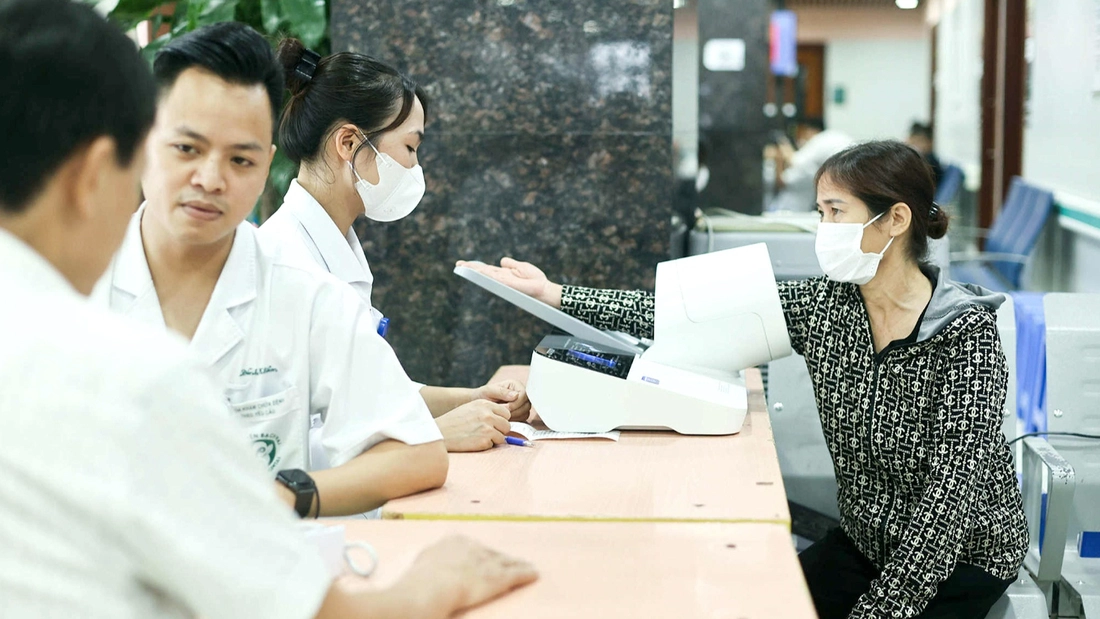
In order for people to have free periodic health check-ups from 2026, careful preparations need to be made from now - Photo: NGUYEN KHANH
Delegate NGUYEN QUANG HUAN (HCMC):
Strengthening capacity for primary health care
Regular health check-ups will help people detect diseases early, especially chronic diseases, thereby providing timely treatment and improving, prolonging healthy life.
To effectively implement this, the most important thing is to strengthen the capacity of grassroots health care, especially health stations and clinics located in new communes.
In addition to upgrading the infrastructure system and adding equipment and machinery, there needs to be specific policies to train and supplement high-quality medical human resources to ensure meeting the requirements at the facility.
For rural, remote and isolated areas, there must be specific policies to support and develop primary health care in terms of both infrastructure and human resources.
Besides, in many places, especially in difficult areas, people still have the mentality and mentality to avoid regular check-ups. Because they are afraid of the cost, some people even think that if they go to the doctor and discover this or that disease, they will have to pay a lot of money for treatment.
Therefore, it is necessary to propagate to let people clearly see that this periodic examination is a very good policy, and that they need to fully participate in order to detect diseases early and treat them promptly.
Along with that, it is necessary to strengthen propaganda and have support policies to increase the rate of universal health insurance coverage.
Increasing the health insurance coverage rate will introduce simple policies to transfer people who are diagnosed with diseases from regular health check-ups to medical facilities for timely treatment, and people will also worry less about treatment costs because insurance will cover a large part.
Source: https://tuoitre.vn/tu-2026-nguoi-dan-duoc-kham-suc-khoe-dinh-ky-mien-phi-20250709224641976.htm



![[Photo] The heroic and lovely moment when the armored vehicle passed by Hanoi Flag Tower](https://vphoto.vietnam.vn/thumb/1200x675/vietnam/resource/IMAGE/2025/9/2/5b07b9f62ee94db287a0ae3a27b6db51)
![[Photo] Impressive performances at the 80th National Day Celebration](https://vphoto.vietnam.vn/thumb/1200x675/vietnam/resource/IMAGE/2025/9/2/08b978981b0c47a2bba12d8736784dd0)
![[Photo] Prime Minister Pham Minh Chinh meets with President of the Cambodian People's Party and President of the Cambodian Senate Hun Sen](https://vphoto.vietnam.vn/thumb/1200x675/vietnam/resource/IMAGE/2025/9/2/96ec4830ea5f4b379ebf04c49b077ac3)
![[Photo] Parade groups bid farewell to the people after completing mission A80](https://vphoto.vietnam.vn/thumb/1200x675/vietnam/resource/IMAGE/2025/9/2/36d202d43ecc4ca8aede59a0e99f32ed)
![[Photo] National Assembly Chairman Tran Thanh Man receives Lao General Secretary and President Thongloun Sisoulith](https://vphoto.vietnam.vn/thumb/1200x675/vietnam/resource/IMAGE/2025/9/2/2d29e4edb44940ec8edfdf357dcd09c0)
![[Photo] Prime Minister Pham Minh Chinh meets with First Secretary and President of the Republic of Cuba Miguel Diaz-Canel Bermudez](https://vphoto.vietnam.vn/thumb/1200x675/vietnam/resource/IMAGE/2025/9/2/40e6ce6f7bb74c20ada41b30e92e2713)
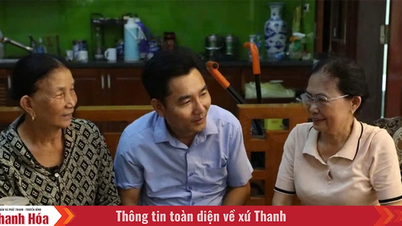


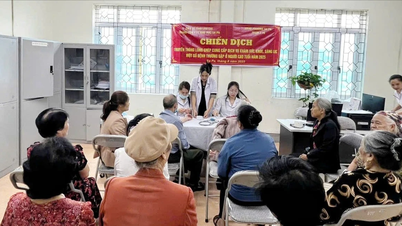

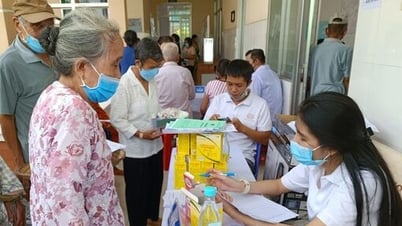




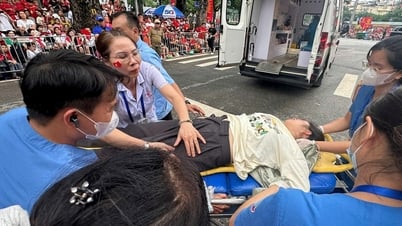

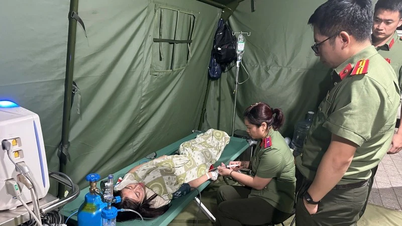

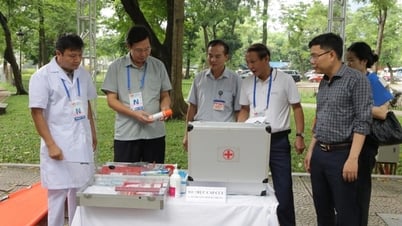


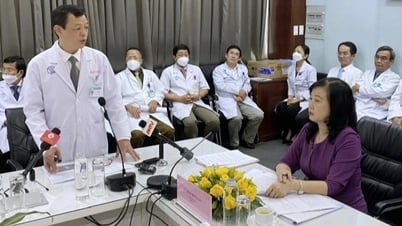

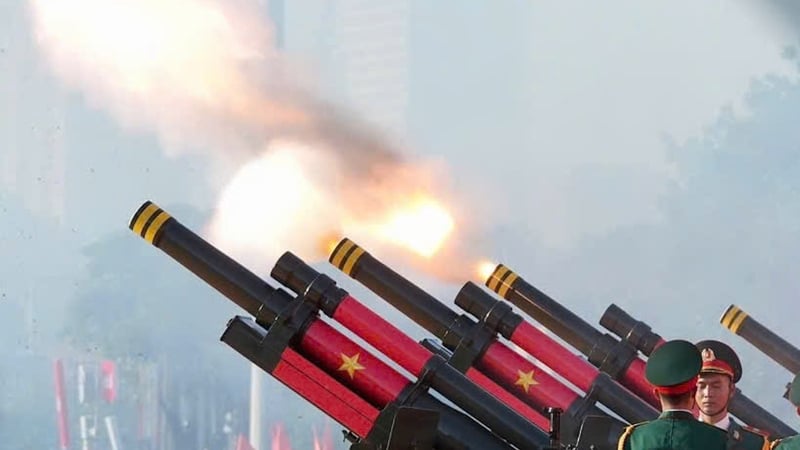


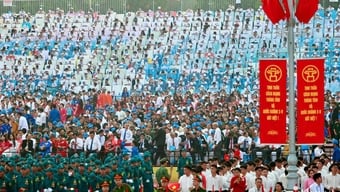
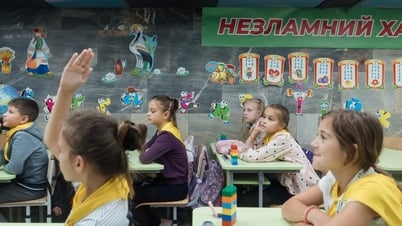


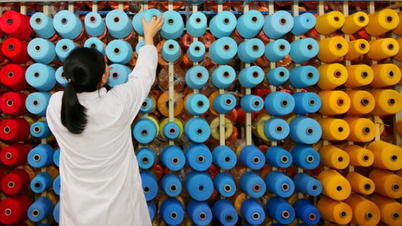







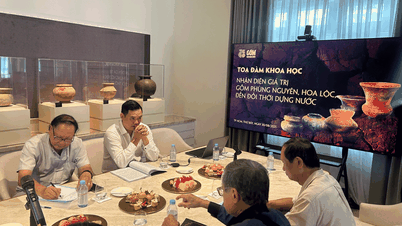

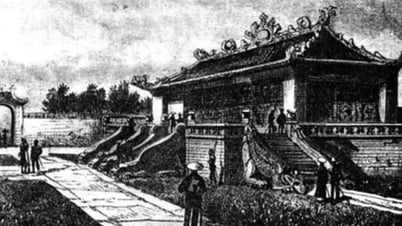








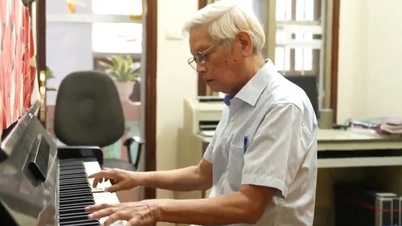












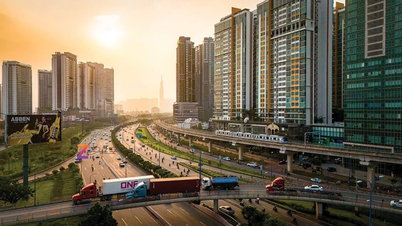
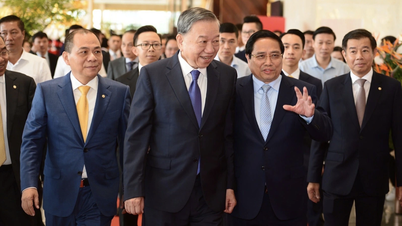









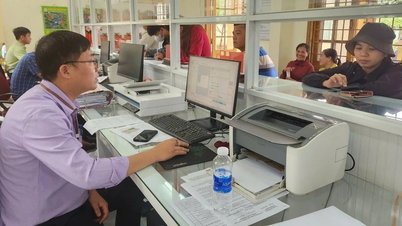

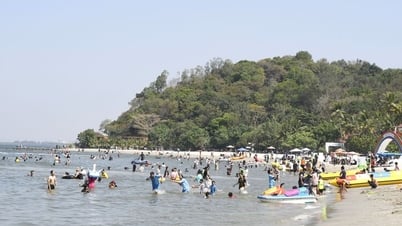











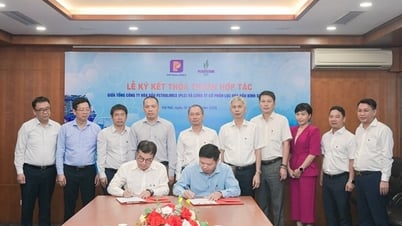









Comment (0)